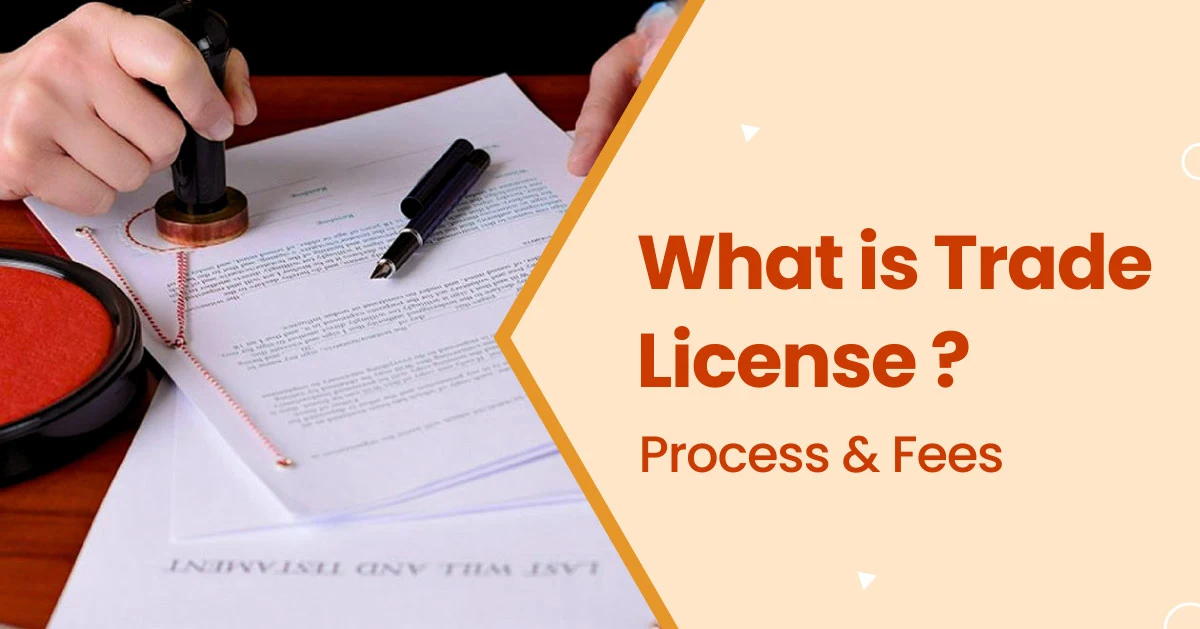An FSSAI State License is a key food permit from the Food Safety and Standards Authority of India. It ensures food businesses follow safety rules. This license is specifically designed for medium-sized Food Business Operators (FBOs) whose operations are limited to a single state in India. It is a mandatory requirement for businesses with an annual turnover generally ranging from ₹12 lakh to ₹20 crore.
Who needs an FSSAI State License?
The FSSAI State License is required for various types of food businesses, including:
- Manufacturers and Processors: Medium-scale units.
- Storage Units: Excluding those with cold and controlled atmospheres, and specific large capacities.
- Wholesalers, Retailers, and Distributors: Businesses involved in the supply chain within a state.
- Food Service Establishments: Such as restaurants, canteens, caterers, hotels (excluding those with 5-star and above ratings), and dhabas.
- Transporters: With up to 100 vehicles operating within a single state.
- Relabellers and Repackers: Businesses that handle the relabeling or repackaging of food products.
FSSAI License Types: Basic vs State vs Central License
The key differences between the licenses are based on turnover and the scale of operations:
| License Type | Annual Turnover | Business Scope | Example |
| FSSAI Basic Registration | Up to ₹12 Lakh | Petty food businesses operating locally | A small street food cart, a home baker, a neighborhood kirana shop. |
| FSSAI State License | ₹12 Lakh to ₹20 Crore | Medium-sized food businesses operating within a single state | A popular city restaurant, a regional snack manufacturer, and a medium-sized catering service. |
| FSSAI Central License | Above ₹20 Crore | Large-scale businesses, multi-state operations, import/export, and central government agencies | A nationwide biscuit brand (e.g., Britannia), a large food importer/exporter, and a chain of hotels across India. |












